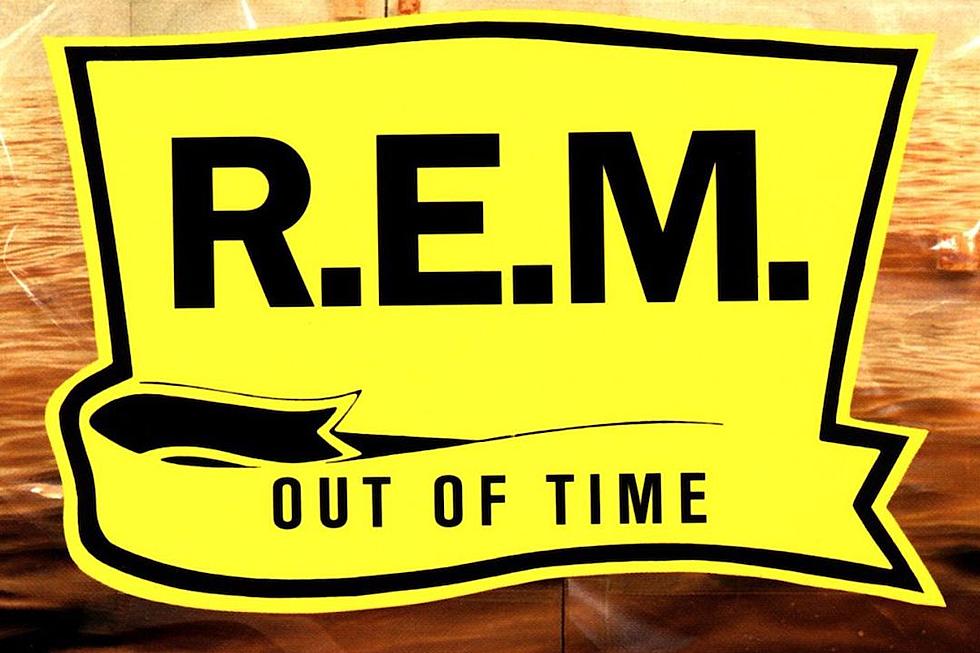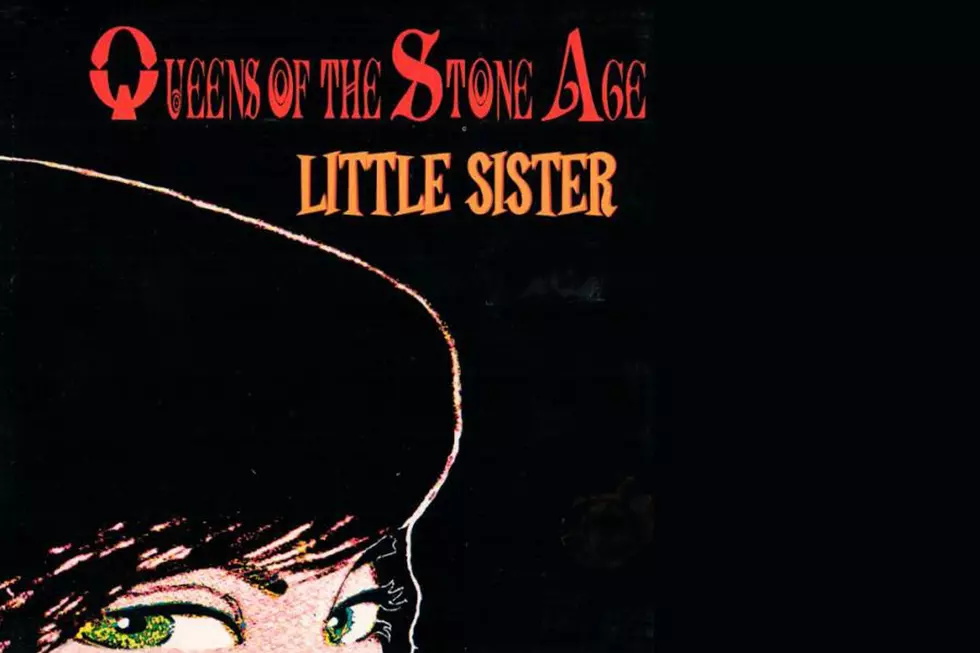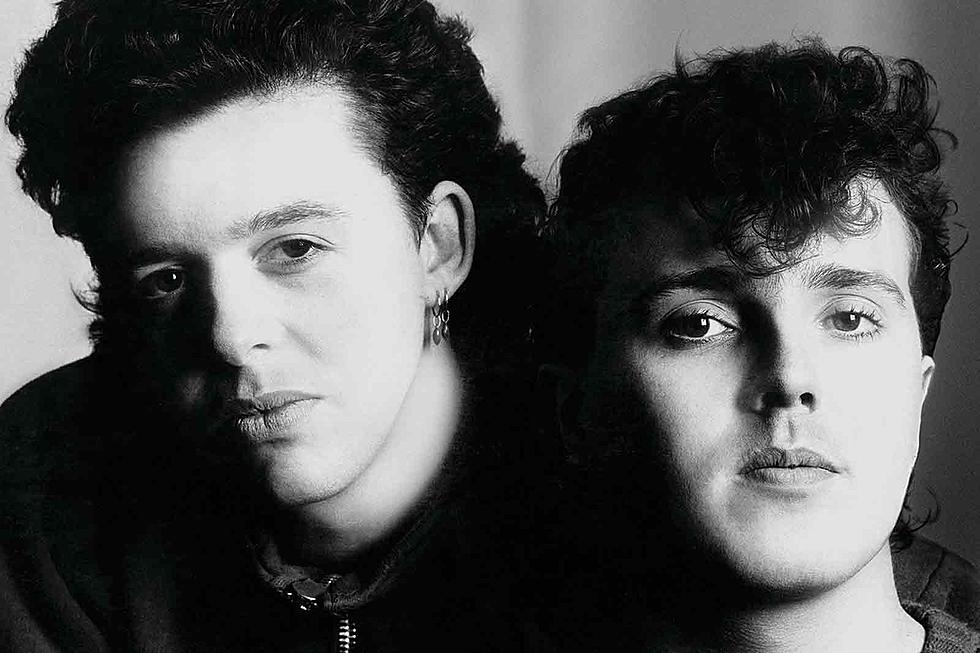25 Years Ago: Rapper Ice-T Goes Metal and Courts Controversy With Body Count
Perhaps inspired by the success of Anthrax and Public Enemy collaborating on the latter’s “Bring the Noise” the year before, rapper Ice-T embraced his inner headbanger and created Body Count. “We're here, we ain't goin' nowhere…we're movin' right next door to you,” he declared on “There Goes the Neighborhood,” the lead single on the somewhat rap/thrash-metal hybrid Body Count’s self-titled debut, which came out March 31, 1992.
“This is not a rap album underline rap album,” he told Rolling Stone. “It's a rock album, it's an album that got into Texas and got inside suburbia a little deeper than a normal rap record would. It's a rock album with a rap mentality.”
Many considered it a fusion of the two genres, mainly because of how distinctive Ice-T’s voice had become since the advent of gangsta rap, most notably on his landmark 1991 release O.G. Original Gangster, which featured the first appearance of Body Count on the group’s eponymous track. Make no mistake though; Body Count was nothing close to rap. While the frontman’s voice might not have been the best, the ragged, raw edge to it made the effort that much more metal.
Much credit is due to guitarist Ernie C, who provided the explosive histrionics, solidifying the status of the band on grinders like “Momma’s Gotta Die Tonight,” “Body Count Anthem” and “Bowels of the Devil.” C already had an interest in metal from a young age, later padding his credentials by producing the forgettable 1995 Black Sabbath album Forbidden. Initially, Ice-T developed camaraderie with Ernie C over heavy music.
“A guy gave me some records like Led Zeppelin and Deep Purple and that was it for me,” he told Music Radar. “That put me on the path.”
In his 2011 autobiography, Ice: A Memoir of Gangster Life and Redemption-From South Central to Hollywood, Ice-T said, “My love for rock didn’t start with my band, Body Count. My introduction to rock started when I was living at my aunt’s house back in the mid-seventies. My first cousin, Earl, had already graduated from Dorsey High, but he was hanging around, thinking he was Jimi Hendrix. He was one of the few rocked-out black guys I'd met.”
Of course, the metal merits of Body Count would soon be completely overshadowed by the nationwide controversy surrounding the record’s most notorious track, “Cop Killer.” Lost in the spectacle of that situation, some may have forgotten the album was originally slated to be titled after the song.
“I thought that would be a good title because it's the best song on the album, that's the one everybody remembered the group by,” Ice-T said. “But when we were going to do that, Warner Bros. they never censored me, but they told me: ‘Ice, if you name it this, you're going to have problems in stores, the stores will censor you. They won't accept the record.’ So I just said, 'Okay, cool, we'll leave our artwork the way it is, with 'Cop Killer' written on the guy's chest.'"
“Cop Killer” wasn’t the only over-the-top track. On “Momma’s Gotta Die Tonight,” Ice-T describes attempting to burning his mother to death, but she manages to survive, so he pulls out a baseball bat, which finished the job before he chops her up with a carving knife and puts her into “Little green Hefty bags." Yet, despite the graphic nature of the song – and many others that seemingly glorified of violence – there was a point behind it. In the case of “Momma’s Gotta Die Tonight,” the main theme is T’s racist mother, who he has to kill because of her prejudice.
“I hate to get on the racial thing because that's something I've always been totally against,” he told the Los Angeles Times. “But the problem with the media is that they think that the word rock means white and the word rap means black.”
The band didn't shy away from addressing that thinking at all. On "There Goes the Neighborhood," Ice-T postulated, "Don't they know rock's just for whites don't they know the rules? / Those n-----s are too hardcore, this s--- ain't cool."
In the end, Body Count became one of the coolest - and most unique - aspects of music, cemented when Perry Farrell would tap them to play the inaugural edition of Lollapalooza.
The Top 100 Albums of the '90s
More From Diffuser.fm









